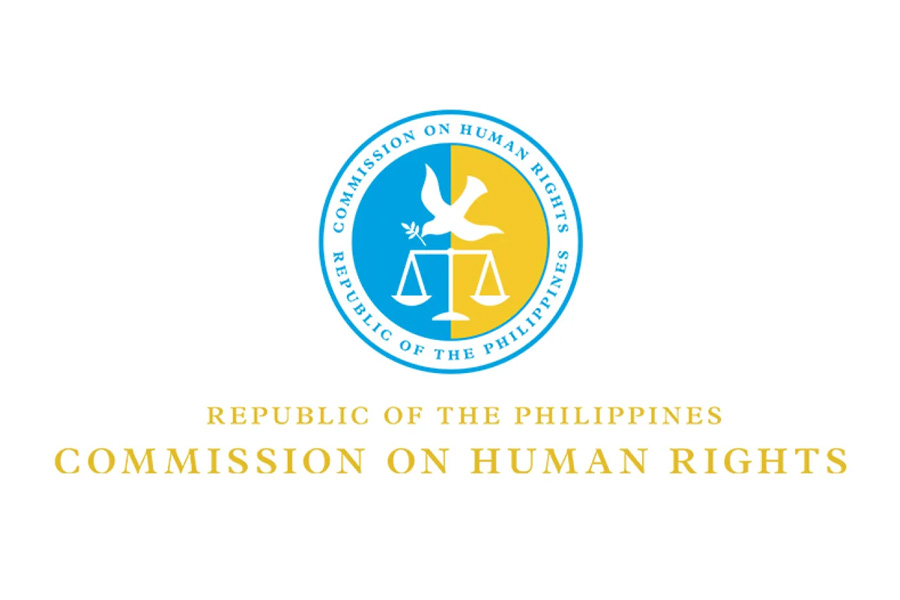The Commission on Human Rights (CHR) has condemned creators of video pranks with content that violate a number of human rights, including the right to privacy, security, and safety, especially for women and members of the LGBTQIA community.
The videos that got CHR’s attention show content creators setting up situations in public spaces captured by hidden cameras where men would lay their heads on women’s laps; holding their hands out of nowhere; catcalling; and even soliciting kisses citing a number of made-up reasons.
“These incidents should not be just dismissed, one cannot use humor to mask attempts to demean, assault, and abuse others through unwarranted sexual advances. This is how gender-based violence is normalized — by depicting it as commonplace, innocent, and acceptable,” CHR Executive Director, Atty. Jacqueline Ann de Guia said in a statement.
The CHR continues to assert the spirit and wisdom of pieces of legislation protecting women and even the LGBTQIA community, such as Republic Act (RA) 11313 or the Safe Spaces Act or Bawal Bastos Law.
Section 4 of RA 11313 particularly explains that the crimes of gender-based streets and public spaces sexual harassment are committed through any unwanted and uninvited sexual actions or remarks against any person regardless of the motive for committing such action or remarks.
And as crimes, there are offenses with penalties of fine and/or arrest.
RA 9710 or the Magna Carta of Women likewise carries a provision on the non-discriminatory and non-derogatory portrayal of women in media and film to help instill respect and recognition of the inherent dignity of women among the general public.
CHR reminds everyone that one cannot exercise their rights at the expense of other people›s rights.
Individuals have the obligation to respect and uphold the rights of others.
“We call on relevant government agencies, such as the Cybercrime Investigation and Coordinating Center, to investigate possible violations of pertinent laws. Businesses as well, including social media platforms, have an obligation to prevent violations from perpetuating by refusing of being accessories of harm and indignity by tolerating such contents,” De Guia added.
CHR has repeatedly made similar calls, including the matter of businesses selling shirts depicting sexual objectification of women and the existence of online groups preying on children.
